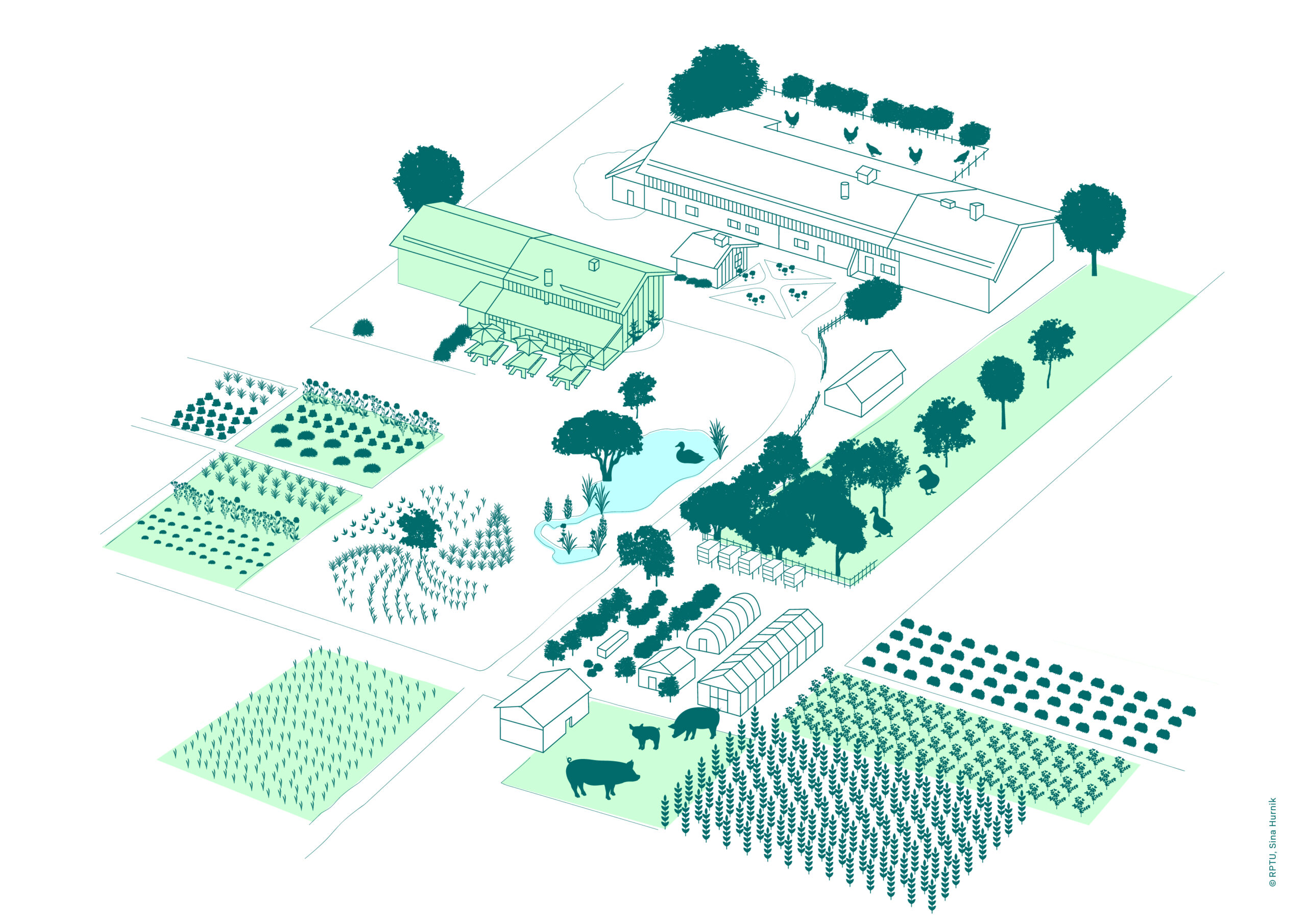Working Together to Achieve a Better Future for the Horticultural Industry – Dr Lynda K Deeks, Dr Chantelle N Jay and Dr Laura H Vickers
Original Article Reference
https://doi.org/10.26320/SCIENTIA177
Share Episode
About this episode
 What does this mean? Share: You can copy and redistribute the material in any medium or format Adapt: You can change, and build upon the material for any purpose, even commercially. Credit: You must give appropriate credit, provide a link to the license, and indicate if changes were made.
What does this mean? Share: You can copy and redistribute the material in any medium or format Adapt: You can change, and build upon the material for any purpose, even commercially. Credit: You must give appropriate credit, provide a link to the license, and indicate if changes were made.Related episodes
Dr Jerome Premmereur | What Spinoza Can Help us Understand About Extreme Radicalism
In a novel exploration of human radicalism, defined by governments as violent attacks, Dr Jerome Premmereur, a cardiologist and a clinical research expert based in the United States, draws on the philosophy of Baruch Spinoza to propose innovative solutions to the pressing societal issue of terrorism. His new book, “A Biological, Psychological and Philosophical Approach to Human Nature and Radicalism”, examines radicalism through the lens of human biology and Spinoza’s concepts, offering a comprehensive approach to understanding and mitigating extremism. Premmereur argues that radicalism is an inherent part of human nature, but can be addressed through a holistic strategy encompassing education, politics, balanced laws, healthcare, and economic stability. By revisiting ancient Greek democracy and applying Spinoza’s ideas to modern challenges, Premmereur presents an optimistic vision, although challenging in practice, to reduce extremism and create a better world.
Julius Reiff | Soil, Seeds, and Sustainability: The Power of Permaculture during Environmental Breakdown
Pressing environmental challenges, such as soil degradation, biodiversity loss, and climate change, can negatively affect agriculture, while also being driven by common agricultural practices. To tackle this predicament and ensure food security while promoting environmental sustainability, innovative agricultural practices are essential. Permaculture, a holistic approach to farming that mimics the stability and resilience of natural ecosystems, offers a promising solution. A recent study conducted by Julius Reiff of the Institute for Environmental Science, RPTU University of Kaiserslautern-Landau, Germany, and colleagues, provides compelling evidence of the benefits of permaculture in enhancing carbon stocks, improving soil quality, and boosting biodiversity.
Dr Alan Cottey | How we can Improve our Science Communication to Create Climate Crisis Action
We are facing a climate crisis that threatens our entire world and life as we know it. Despite this, scientists have found it difficult to engage people on the issue and inspire effective action. Dr Alan Cottey at the University of East Anglia explores the history of scientists’ climate warnings and suggests a four-register model of communication that he believes has the potential to reach people with varying degrees of scientific literacy and different lifestyles.
Professor Yaniv Belhassen | What role does tourism have in peacebuilding and reconciliation between Israelis and Palestinians?
Vitamin D has been studied as a treatment for a large number of diseases and conditions, from cancer to autism to COVID-19. However, its mode of action is not completely understood. Professor Ralf Herwig carries out his research at HG Pharma GmbH (Austria) and Ulster University (UK). His vital work explores the role of vitamin D in the body with a view to unlocking its potential as a treatment for a variety of health conditions involving the immune system.
Increase the impact of your research





